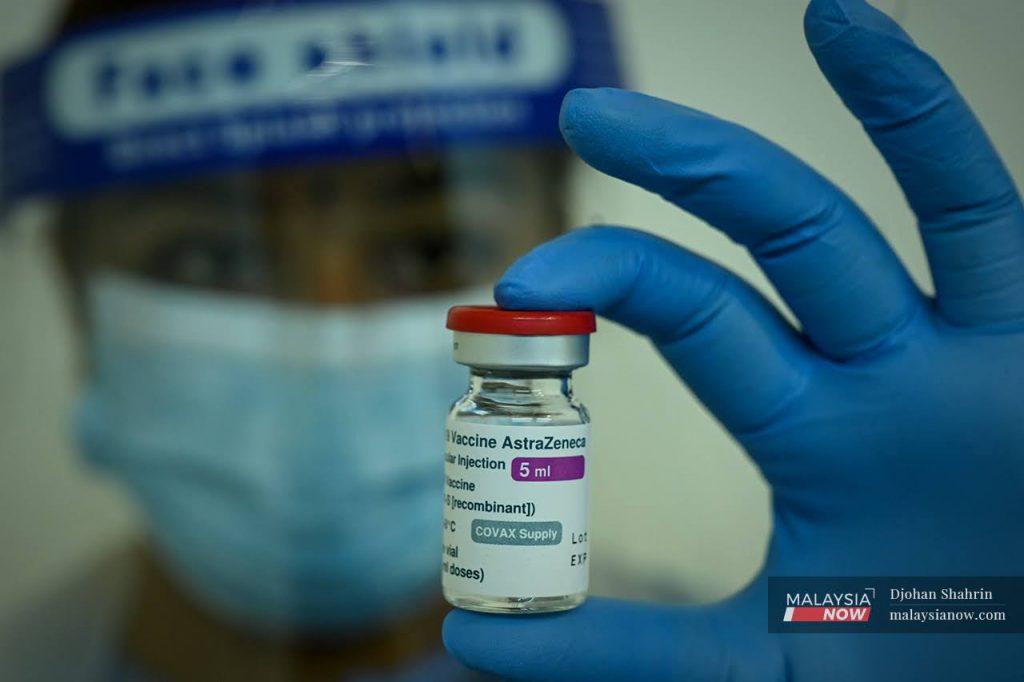EMA official says remarks on AstraZeneca jab ‘not interpreted correctly’
Marco Cavaleri says the vaccine 'maintains a favourable benefit risk profile in all ages but particularly in the elderly above 60'.
Just In
The European Medicines Agency’s (EMA) head of vaccine strategy who was recently reported as saying that it might be worth abandoning the AstraZeneca jab for all age groups where alternatives are available clarified on Sunday that his words were “not interpreted correctly” in the report.
Marco Cavaleri was quoted as saying in a report by Italian newspaper La Stampa that banning the use of AstraZeneca, including for those over 60 years old, would be “better”.
“It is an option that many countries, such as France and Germany, are considering in the light of the increased availability of mRNA vaccines,” he was reported as saying.
However, he said in a statement to Reuters that the AstraZeneca shot “maintains a favourable benefit risk profile in all ages but particularly in the elderly above 60”.
“Unfortunately my words have not been interpreted correctly in a recent interview with La Stampa,” he said.
Italy on Saturday restricted AstraZeneca vaccines to people aged 60 and over following concerns about the heightened health risks for younger people.
The EMA said in April that blood clots should be listed as a “very rare” side effect of the AstraZeneca vaccine and encouraged countries to continue its use.
EMA chief Emer Cooke said no particular risk factor had been identified and the clots may be linked to an immune response to the vaccine.
“The benefits of the AstraZeneca vaccine in preventing Covid-19 overall outweigh the risk of side effects,” she told a news conference.
“It is saving lives.”
Vaccine experts at the World Health Organization (WHO) agreed, saying a causal relationship between the vaccine and blood clots was “plausible but is not confirmed”.
“We believe the benefit-risk balance is very much in favour of the vaccine,” WHO said in a statement to AFP in April.
Subscribe to our newsletter
To be updated with all the latest news and analyses daily.
